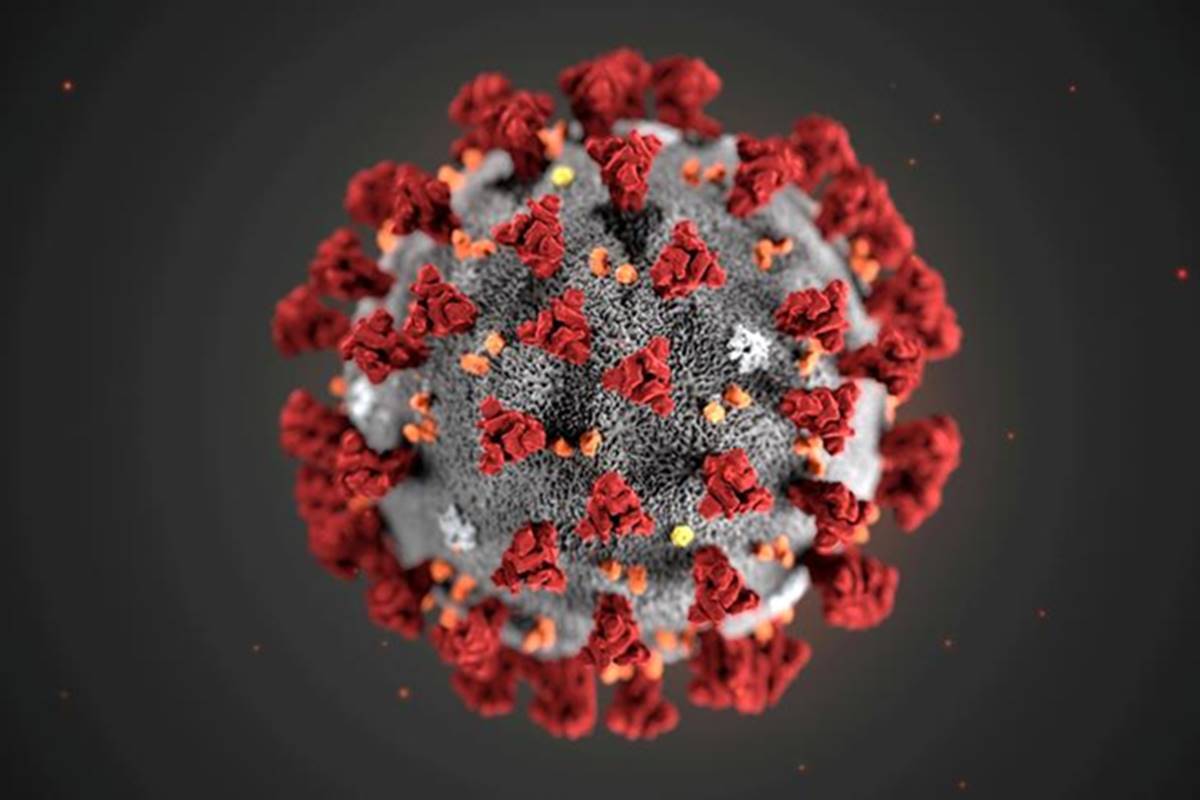According to research conducted it has been found that dangerous blood clots can occur in moderate COVID-19.
An elevated life-threatening risk of blood clot called venous thromboembolism (VTE) in coronavirus patients who were not critically ill has been found in a European study. This risk of blood clot has been previously associated with severe COVID-19. The researchers tracked 2,292 patients who came to hospital emergency rooms with mild or moderate COVID-19 but without VTE.
Four weeks thereafter, VTE had developed in roughly 1 of every 200 mildly ill cases who hadn’t been cared and nearly 5 of every 200 like ill cases overall, the experimenters reported on Friday in Thrombosis Disquisition.
They conclude that croakers minding for mildly and like ill COVID-19 cases need to be alive of these dangers,” especially in cases with moderate COVID-19 bearing hospitalization.”
High-capsule blood thinners avert clots in moderate COVID-19
In cared, like ill COVID-19 cases who have high echelons of the d-dimer protein in their blood- indicating an advanced-than-average danger for dangerous blood clots-treatment with high capsules of the blood thinner low-molecular-weight heparin (LMWH) significantly reduced the odds of clot arrangement and death, according to data from a clinical trial.
The frequency of venous thromboembolism (VTE) or death was28.7 in the high- pharmaceutical group, compared to41.9 in cases getting a standard pharmaceutical. After looking for cases’ multihued menace factors, that was a 32 reduction in menace with high- pharmaceutical heparin, the experimenters said on Monday in a report published in JAMA Internal Medicine.
The researchers said they launched the trial “because we saw patients getting blood clots and dying in front of us while on standard doses of preventative heparin,” said study leader Dr. Alex Spyropoulos of the Feinstein Institutes for Medical Research in New York.
“We were able to prove … that d-dimer levels more than four times the upper limit of normal are able to predict a very high-risk group of hospitalized COVID-19 patients – and giving therapeutic doses of heparin in these patients works,” Spyropoulos said. “This is practice changing now.”











